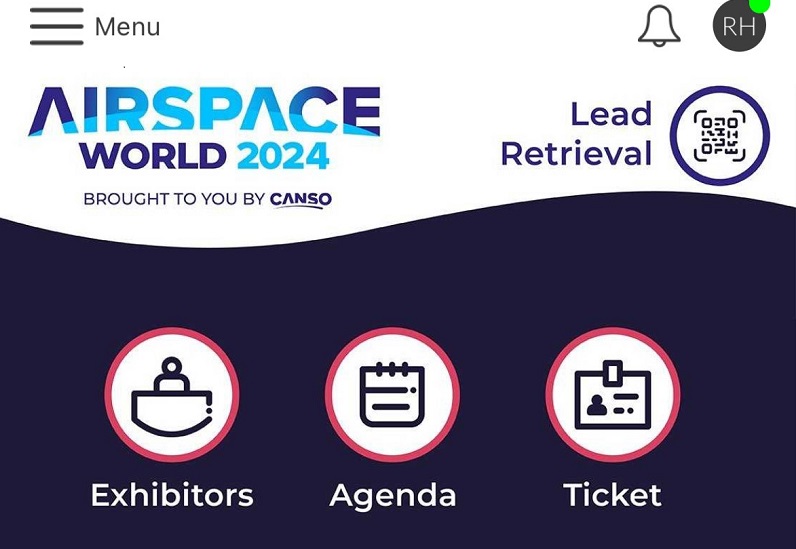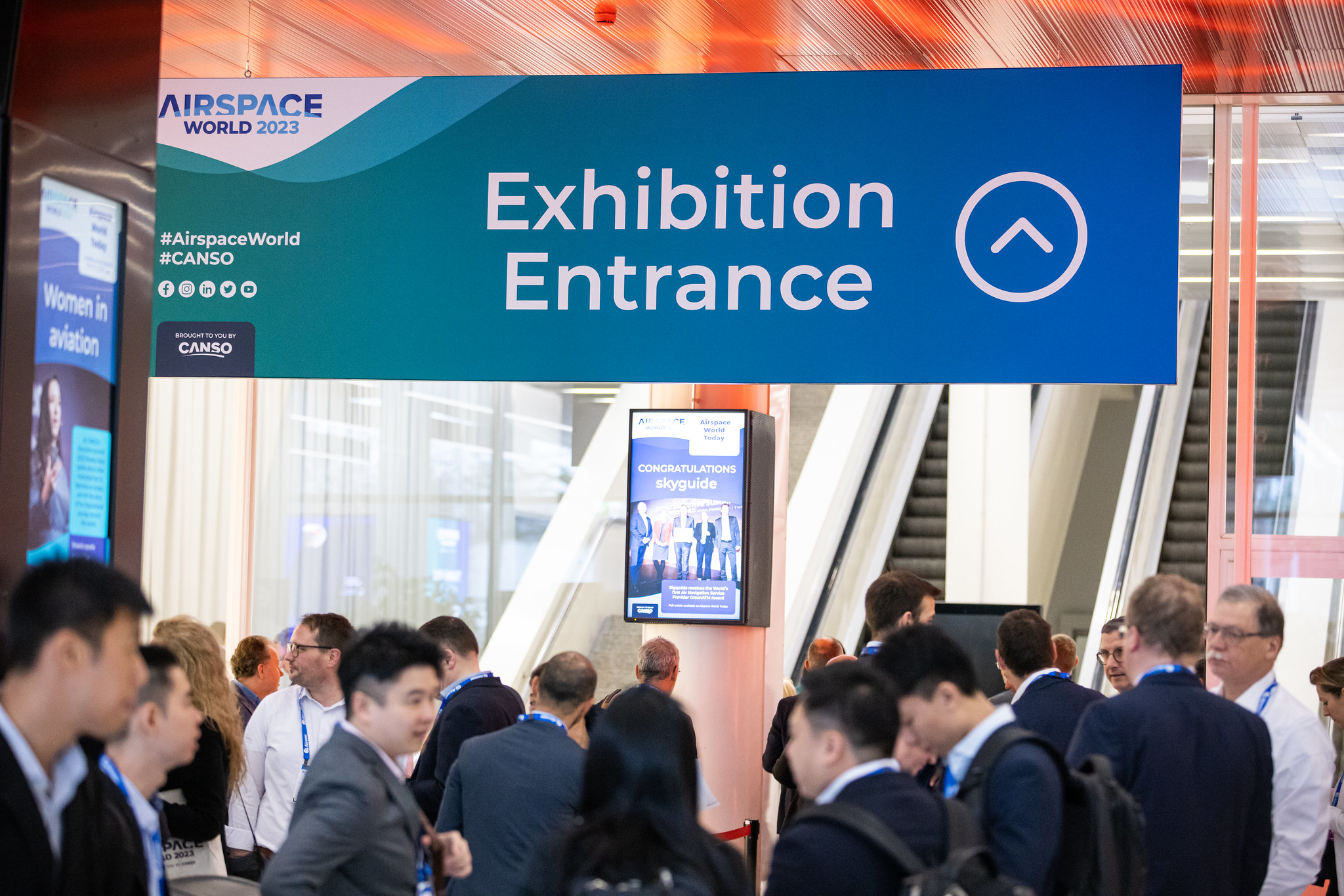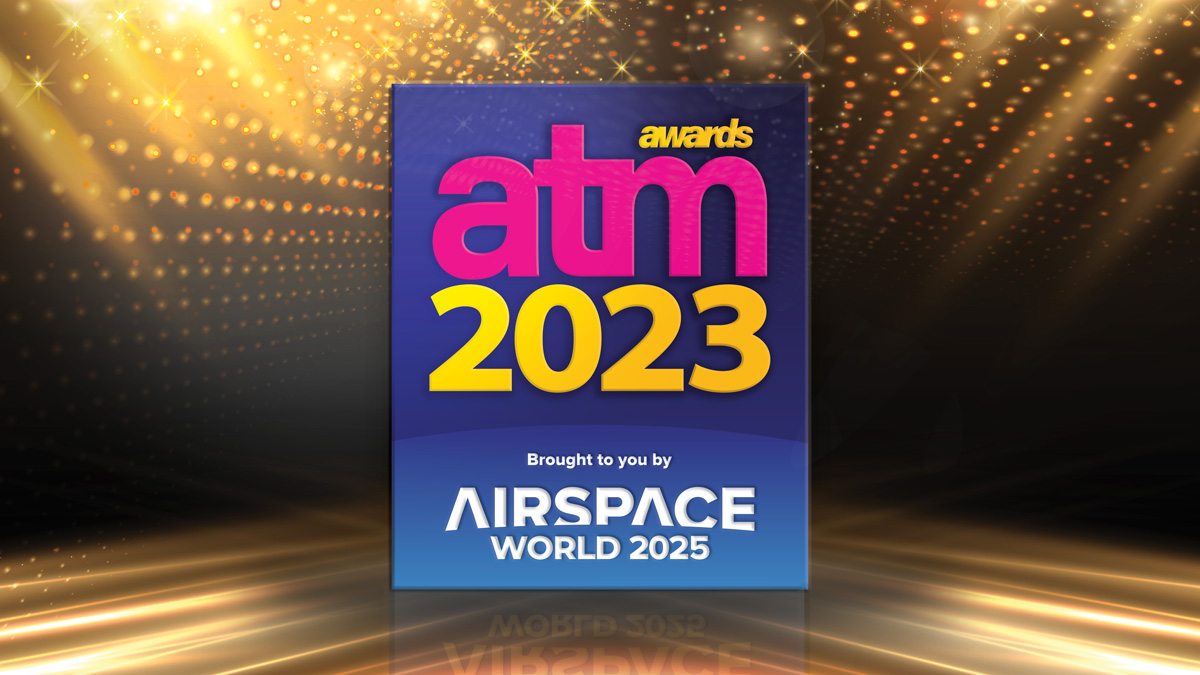Understanding human-AI interaction at Airspace World
A key session at Airspace World 2024, in the Frequentis Theatre on 19 March, will explore the opportunities and challenges in artificial intelligence (AI) implementation.

The technology is paving the way for a smarter, more efficient air traffic management system. But, Mark Cooper, Vice President, Chief Technology and Information Officer, NAV CANADA and one of the panellists, says it is important to realise that humans are integral to AI development.
“Today and in the near future we have to treat AI as a way to improve the human and to make information available to our highly skilled controllers to improve safety, efficiency and sustainability,” he notes.
Because the human-AI interaction is vital, recruitment is especially important going forward. “Setting the right vision and creating the right environment is critical for attracting the right people,” says Cooper. “That said, AI is evolving so quickly that we all need to partner with a variety of companies and academia to develop the right solutions that meet the business need.
“It all depends on how we position ourselves,” he continues. “Yes, the historical reputation of air navigation service providers (ANSPs) is to move slowly. But our industry is also fascinating and touches millions of people.”
Although the industry is in the very early stages of AI, the potential for the technology to revolutionise ATM systems cannot be questioned. AI will improve the on-time performance of airlines, increase automation in corporate functions and assist with the development and testing of systems, for example.
“We have been experimenting with AI in controller training and it’s an area that fills me with excitement,” Cooper adds. “Using AI to provide real time feedback and on-demand simulations targeted at the specific needs of the trainee can only help to increase the pass rate from controller training and reduce the time from ‘street to seat’. Within operations we are focusing on decision support and augmenting the air traffic controller with additional information to make the best possible decision.”
Cooper accepts that gaining certification for AI into safety critical systems is going to be a significant challenge, which is why NAV CANADA is focusing on decision support. Both ANSPs and regulators have a lot of work ahead in this respect though an excellent start has been made by the European Aviation Safety Agency (EASA) with its roadmap for AI certification.
“Most ANSPs have a significant amount of legacy technology, so moving forward to AI is especially challenging – but also essential,” concludes Cooper.
Title: How AI is transforming ATM
When: 10:00am, Tuesday 19 March
Where: Frequentis Theatre



